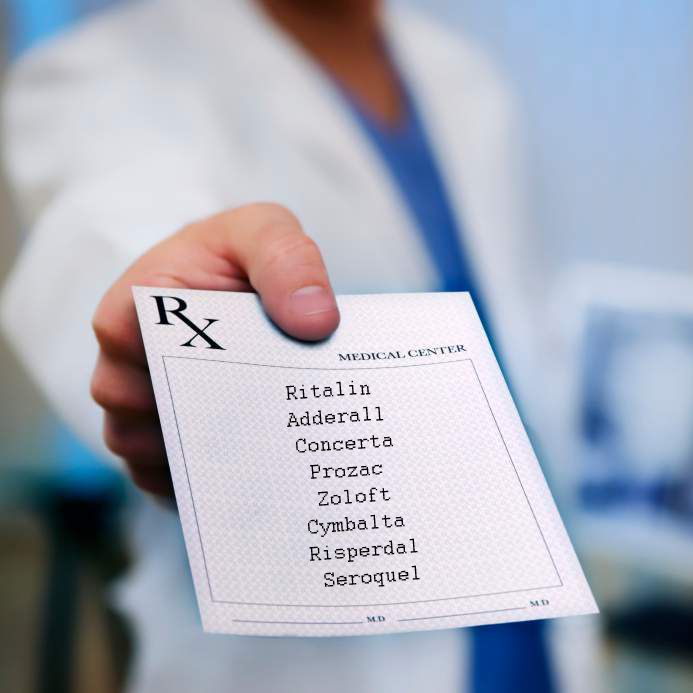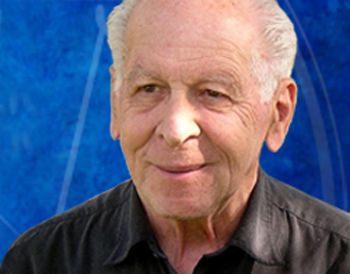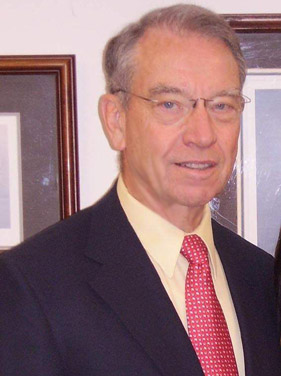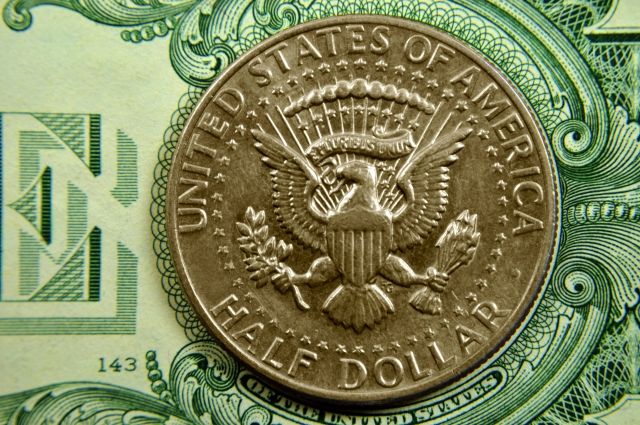
Your Kids Aren’t Sick—Towards the Death of Psychiatry
First Date: Meeting a Live Psychiatrist — About a year later we received a call from the Department Head at the psychiatric hospital located in the UCLA Medical Center. Pretty big stuff. The doctor said he had a boy there, Mark, who has been with them for about four months, and would I be interested in meeting with him to see if he would be an appropriate placement in our home. Sure, I said. Bring him out. Mark was 15 and overweight. He had gained 40 pounds while at UCLA. This was common in psychiatric settings. There were still some “psyche hospitals” for kids back in the ’70’s in California and I was familiar with several. They all looked the same. Locked doors everywhere, little if any outside recreation areas or equipment – nor the inclination to provide any – locked rooms where “crafts” and groups occurred, always populated by unhappy children and unhappy professionals, with all those new medications leading the way. They weren’t treated as kids in these places. God help them, they were treated as patients with diseases. They still are.





SHARE YOUR STORY/COMMENT: